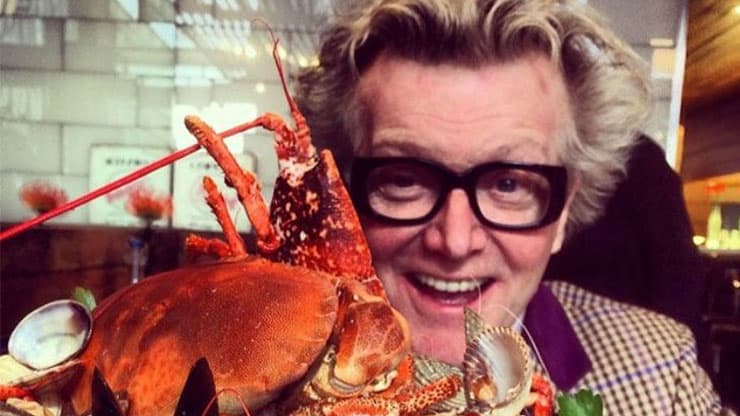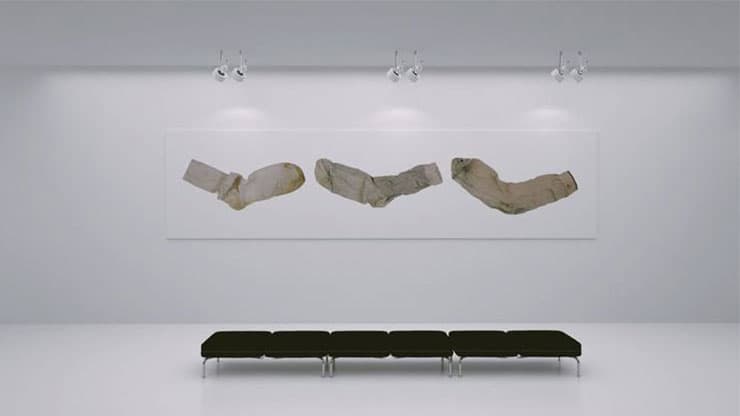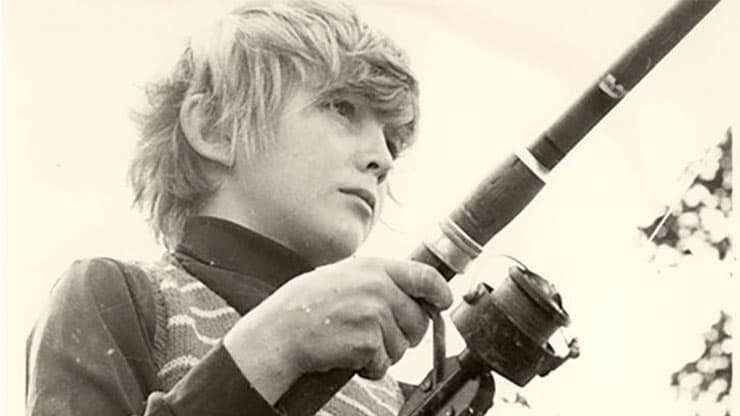What’s Really in a Name?
What’s in a name? cries Juliet, questioning why something as simple as a family name should keep her and her beloved Romeo apart. It’s not an unreasonable argument. Most of us would agree that a name is no more than a label, a tag that has little bearing on us as people, an arbitrary term that certainly shouldn’t affect our decisions and life choices.
But Shakespeares, Montagues and Capulets aside, many psychologists and sociologists believe that our names actually have more influence than we give them credit for. Some theorists even suggest that our names can directly affect our lifestyles, hobbies and professions. So might there be something in a name, after all?
As a man who goes by the name Edge, Steve has been pondering the possibility that his name has in some way influenced his choices in life. And there certainly seems to be something in it. True to the Edge moniker, he’s always existed aside from the norm, pushed boundaries, strayed from the crowd, adventured off the beaten track. And sometimes quite literally, he’s lived life on the edge.
Looking to history
But Steve isn’t the only one. Throughout history, there have been many strange coincidences between a person’s name and their profession or pastime. Igor Judge rose to become Lord Chief Justice of England and Wales; William Wordsworth remains one of Britain’s best-loved poets; Dr Brain replaced Sir Henry Head as editor of the neurology journal, Brain; and Sue Yoo is still a prominent American lawyer.
By the ‘90s, there were enough instances of this peculiar phenomenon for it to become a fully-fledged scientific theory. This theory was named nominative determinism; it suggested that people tend to gravitate towards areas of work and life that fit their names. The story goes that the theory was first coined when the New Scientist’s John Hoyland heard about a paper in the British Journal of Urology written by JW Splatt and D Weedon. Shortly afterwards, Hoyland came across a book about the arctic by Daniel Snowman.
Of course, nominative determinism isn’t the sturdiest of scientific theories, and it fails to explain those numerous – and often humorous – people whose names sit completely at odds with their professions. Doctors De’ath, Payne and Gore managed to overcome the obstacles of their unfortunate surnames to qualify as medical professionals. Jaime Sin, meanwhile, was made a cardinal by Pope Paul VI, becoming, you guessed it, Cardinal Sin. Then there’s those countless people whose names don’t seem to bear any relation whatsoever to their jobs, hobbies or pastimes.
Nominative determinism in action?
But let’s put counter examples aside for a moment. Could it be that, on some level, we’re all unconsciously drawn to walks of life that suit our names? Even though they might just be labels, our names are so bound up in our sense of self that it isn’t inconceivable to think that they may inform our choices in some way – whether we know it or not.
Exploring this idea of implicit egoism, American studies found that people called Florence were more likely to move to Florida; Georges to Georgia; Virgils to Virginia, and so on. Perhaps some of us feel the need to fulfil our names, or live up to our tags, so we find ourselves – consciously or unconsciously – drawn to certain places, professions or pastimes.
But it’s important to avoid confusing nominative determinism with the old tradition of naming a person according to their job. All those Bakers, Taylors, Smiths and Millers got their names because of their jobs, rather than vice versa.
Whether you buy it or not, nominative determinism is a fitting, or at least amusing, explanation for those gardeners named Flora, those dentists named Dennis and those jewellers named Jules. Steve recently came across another example in support of the theory when he met a fitness instructor called Denise Bends.
Is there something in a name, after all?
- Share:


